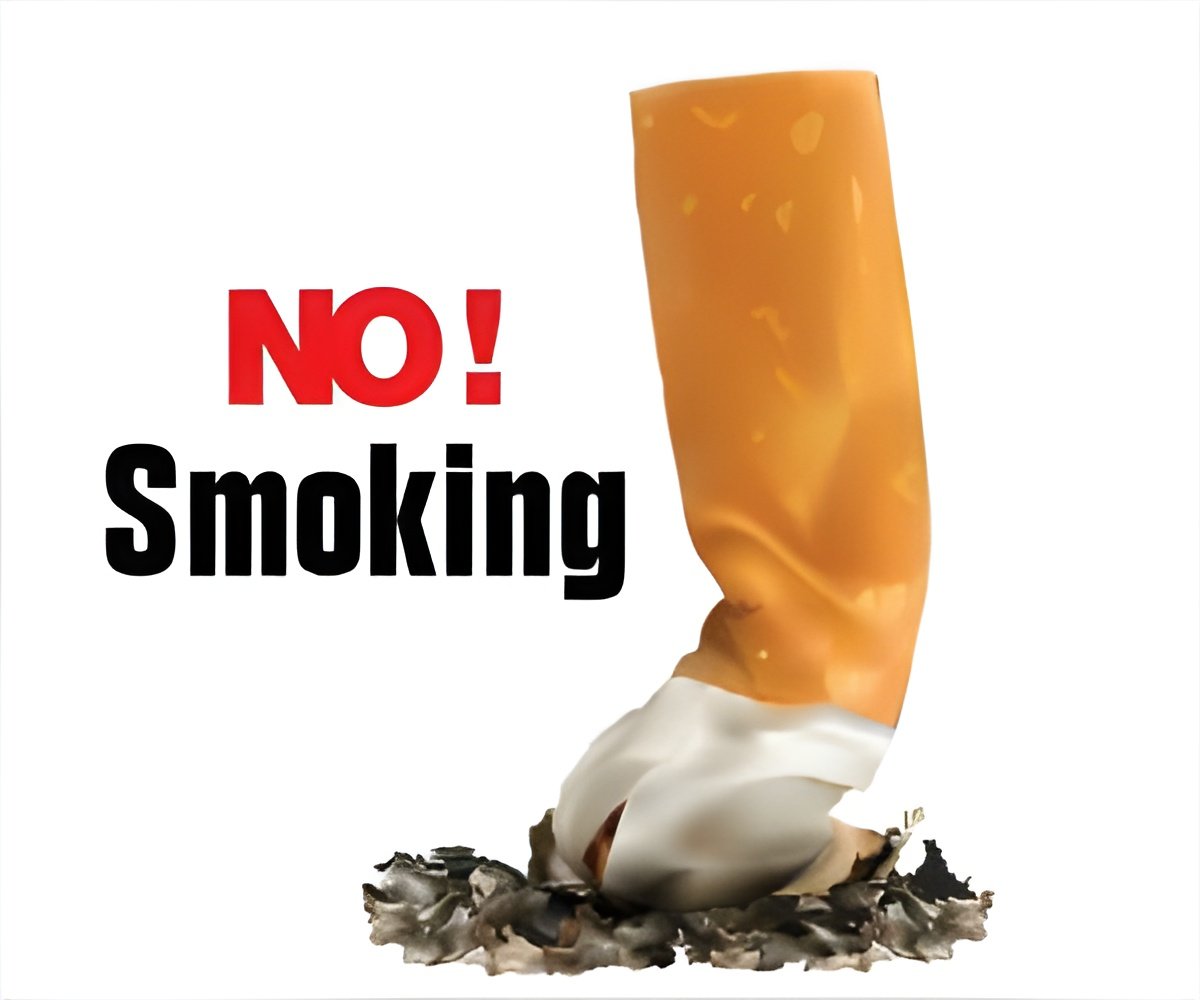
"Today's trend is to provide cigars to consumers that have a larger caliber but are shorter precisely so they can be smoked more quickly," the Spaniard said in an interview on the sidelines of Havana's annual cigar festival.
Habanos SA is a joint venture between Cuban state company Cubatabaco and the Franco-Spanish Altadis that was bought in 2008 by the British Imperial Tobacco Group.
One of the stars of the festival is one such new smoke -- the Partagas D6 -- that measures just 9 centimeters (3.5 inches) in length. In contrast, the longest Havanas can traditionally be more than twice that long.
Puffing on the new product takes about 15 minutes, according to Habanos SA.
Younger consumers and women increasingly are being targeted with milder, more refined flavors.
Advertisement
"Traditionally, the cigar smoker is a man who is middle aged or older, especially because of the price of cigars," he added. "The most expensive products, like the Cohiba, aren't in everyone's reach."
Advertisement
"We're seeing in our marketing studies that the average age of a Havana smoker is falling and that the number of women smokers is on the rise" even though they still only represent five percent of consumers, he added.
Sanchez-Harguindey expressed confidence Cuban cigars will remain a "globally unique product" thanks to the Caribbean country's climate, earth and centuries-old tobacco culture.
Tobacco is one of Cuba's top exports, behind nickel and biotech products.
On Monday, Habanos SA announced that Cuban cigar sales were up eight percent in 2013, reaching $447 million.
While Europe remained the top taker of the famous smokes, the greatest gains were seen in China.
Country-specific, the main markets for Havanas are Spain, France, China, Germany, Switzerland, Cuba, Lebanon and the United Arab Emirates, it said.
But Habanos SA faces a significant hurdle: It is unable to access the biggest global cigar market, the United States, due to an economic embargo imposed by Washington more than a half-century ago on communist Cuba.
As in years past, the 16th Havana Festival, featuring tours of tobacco plantations and cigar factories, culminates Friday with a gala dinner.
Source-AFP









